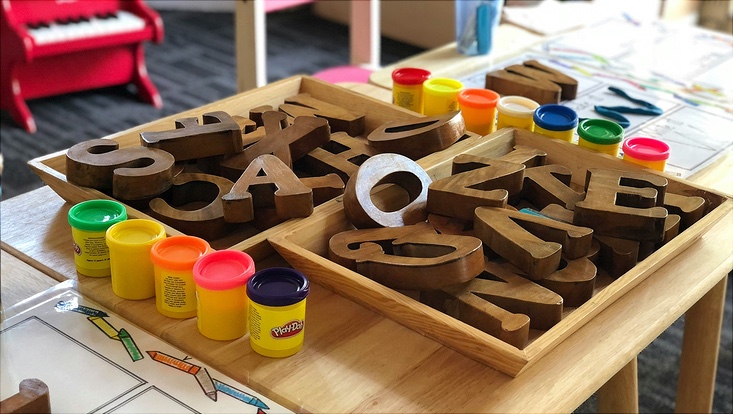Specialization III: Language Learning in Subject-Specific Education

© Gautam Arora/Unsplash
Language Learning in Subject-specific Education
If one looks at the subject structure of the general education school system, there seems to be strong distinctions between language subjects, general studies subjects, humanities, and artistic/kinesthetic subjects. However, language is relevant for every kind of learning, in every subject. Thus, its role cannot be restricted to language education subjects. In every subject, language is a prerequisite for learning, a learning resource, and a learning objective.
Language and Education
In subject-specific instruction, teachers often do not explicitly promote students’ linguistic skills but take them for granted. On the other hand, linguistic-explicit subject-specific instruction sets visible linguistic learning objectives for all, clarifies the connection with the subject learning content in ever-new ways, and ultimately leads to the creation of developed educational linguistic registers and subject-specific linguistic registers.
The research activities in Specialization III: Language Learning in Subject-specific Education examine, for example, the relationship between linguistic prerequisites and learning success, the effect of linguistic-explicit support measures in subject-specific instructions and their differential effects, and the linguistic properties of learning materials for the acquisition of subject-specific skills and linguistic skills.


